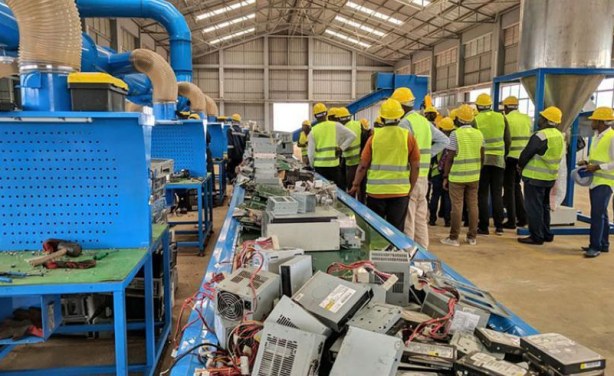Why e-Waste Recycling Is Important For Tanzania
Despite the country having several legislative frameworks and institutions that somehow touch upon waste management, e-waste management remains a serious challenge in Tanzania. According to the controller and auditor general, e-waste collection, dismantling, transporting and disposal is still acutely problematic, threatening lives and the environment.

In this revolutionary day and age of electronics, disposal of electronic waste (e-waste) is highly problematic, especially in developing countries.
E-waste mainly consists of used/discarded electrical or electronic devices. These can then be salvaged for recycling and reuse, in landfills, or are left out in the open to pollute and otherwise degrade the environment every which way.
But whatever is the case, most e-waste poses real risks to the health and wellbeing of living organisms, including humans as individuals and as surrounding communities. Greatest care must be taken in handling the waste at all times from disposal to reprocessing and reuse thereof, as well as in incineration.
E-waste management remains a serious challenge in Tanzania, despite having several legislative frameworks and institutions that somehow touch upon waste management.
According to the controller and auditor general, e-waste collection, dismantling, transporting and disposal is still acutely problematic, threatening lives and the environment.
What is needed is for the government to update and strictly enforce the extant or improved regulatory frameworks, including those against fake, counterfeit and substandard electronic imports. In doing this, the government must enlist all stakeholders for maximum effect.



No comments: